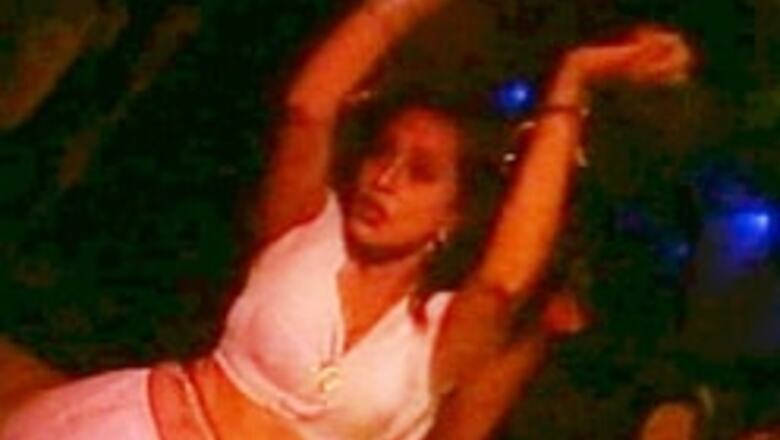
views
Mumbai: Former dancers of Mumbai bars plan to take up cudgels against the nefarious elements of their profession, including those indulging in human trafficking, prostitution rings and abuse of minors.
Even as it fights the ban on dance bars in Maharashtra, the Mumbai-based Bharatiya Bar Girls' Union (BBGU) - formed to protect the bar dancers' rights - will launch a campaign to protect sex workers in tandem with other groups.
Following the ban, many of the dancers turned to prostitution as a means of livelihood. Helpless in a trap laid by poverty and pimps, some women even succumbed to "pleasure" cruises outside the country.
BBGU president Varsha Kale, who was in Nagpur to mobilise local NGOs, activists and social institutions' support for the cause, said the campaign would bring education and exposure to beleaguered women outside the association's ambit.
The right to information (RTI) act, the method of filing a police complaint and other rights and laws will be explained to sex workers and minors in the trade.
"District-level committees, comprising NGOs, activists, lawyers and dance bar girls, will fan out to various districts to educate sex workers about the RTI act," Kale said.
With over 12,000 members, BBGU plans to travel to nine districts of the state, including Mumbai, Nagpur, Pune, Thane, Solapur and Aurangdabad.
"It is very important that sex workers are educated on the clauses and the use of RTI act," Kale added.
She said the bar girls would help gather information about traffickers and racketeers.
"Hundreds of minors from Uttar Pradesh, Orissa and Chhattisgarh and neighbouring countries like Bangladesh and Nepal are involved in the flesh trade in Mumbai and other towns in Maharashtra," said Kale.
The BBGU will also assist social activist Ram Ingole, who has been rescuing and rehabilitating minors from the Ganga Jumuna red light area of Nagpur.
In July last year, the Maharashtra assembly banned dance bars. However, the Bombay High Court ruled the ban as unconstitutional and gave the state eight weeks to file its case in the Supreme Court. The case is pending hearing.
Prior to the ban, Mumbai housed 1,500 dance bars, which contributed Rs15 billion to the state exchequer and employed 50,000 girls, mostly from outside Maharashtra and many from outside the country.
The dance bars usually entertained customers looking for food, liquor and sometimes sex. In dim-lit environs, women donned skimpy outfits and danced to film music.




















Comments
0 comment